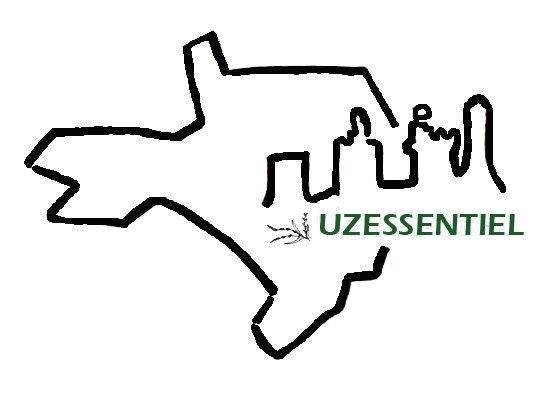The art of composting
- Par nbesse
- Le 03/12/2024
- Dans Living in Uzès and around
FR - At the heart of today's preoccupations, composting is also a good idea for giving a second life to food and garden waste.

Whether you're taking the plunge on your own or preparing for a course organised by Sictomu (Syndicat Intercommunal de Collecte et de Traitement des Ordures Ménagéres de la région d'Uzès), composting is a genuine ally of biodiversity and an environmentally-friendly practice.

|
Composting? A natural process whereby organic waste is transformed by bacteria, fungi, insects and compost worms, into a humus-rich product: compost (Sictomu).
|
Composting training courses run by Sictomu
The free training courses organised by Sictomu explain the benefits of compost: the basics of composting, of course, where to set up your composter, what to put in it, how to maintain it, etc. You'll also learn about the differences between dry and wet matter, and how to determine the temperature of the composter. In fact, ‘the higher the temperature of the composter, the better your bio-waste will decompose... The higher the temperature, the more hygienic your compost will be’.
Your composter has a life of its own
An incredible number of micro-organisms live in your composter, but do you know what they are? There are, of course, bacteria, which play a major role in the decomposition of all organic matter. Then there are springtails, mites, compost worms, golden spiders and sowbugs.
Working alongside you, these little creatures will help you produce the ideal compost for your plants. Your garden will then be more natural, especially if you add to that the use of chippings (think of the free distribution of the Sictomu).

Good to know: Each Sictomu training course gives you the opportunity to receive a free composter (in plastic or wood) to assemble at home. A great initiative!





